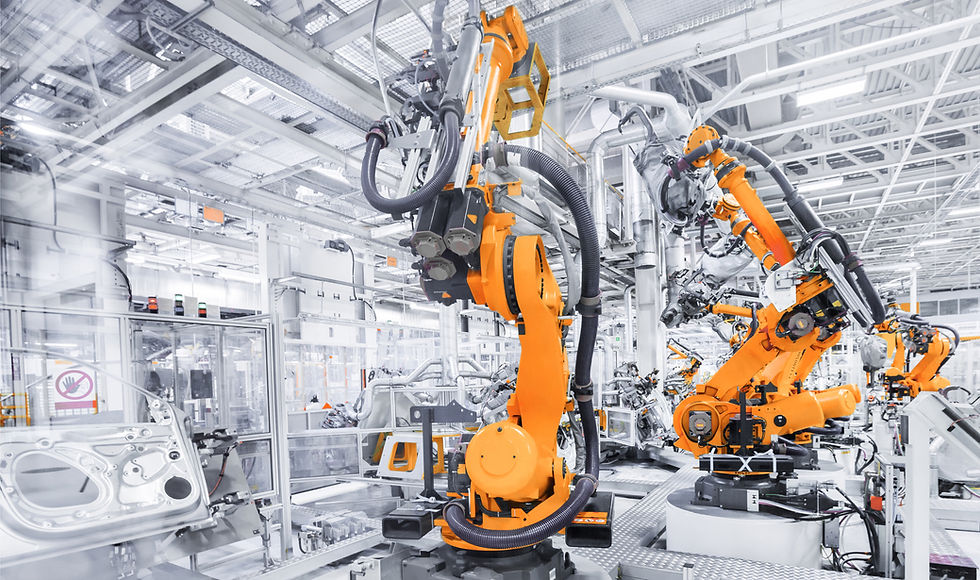Singapore’s Pursuit of Advanced Manufacturing Companies
- APAC Foreign Investment Brief
- Jul 11, 2024
- 2 min read
The city-state anticipates demand for high-spec industrial spaces amidst nearshoring trend, by JLL Research
Manufacturing companies are increasingly looking to diversify outside of China, and moving their production facilities closer to home, according to JLL research.
This China+1 strategy seeks to minimise supply chains disruptions by reducing reliance on any one country amidst a volatile global geopolitical environment.
As a result, Southeast Asia and India are seeing the rise of the manufacturing sector.
Among these destination markets, Singapore stands out as a magnet for advanced manufacturing companies who require high-spec industrial spaces.
A hub for advanced manufacturing
While Singapore cannot compete on cost and sheer production volume, it has become a hub for high-value, knowledge-intensive manufacturing industries such as semiconductors, biomedical, consumer electronics, and precision engineering.
With an ambitious target to boost Singapore’s manufacturing sector’s value-add by 50% by 2030, the government takes an active approach in strengthening manpower pipeline, improving established infrastructure, and offering tax incentives and grants.
Industry 4.0 initiatives, for instance, encourage manufacturers to integrate digital technologies like Industrial Internet of Things (IIoT) to streamline processes, reduce costs, and address labour shortages. Programmes like the Productivity Solutions Grant and the Industry 4.0 Human Capital Initiative offer companies resources to adopt new technologies and upskill their workforce.
These efforts increase support for promising local enterprises, which in turn help the city-state draw notable investments from manufacturers who wish to tap on its political stability, vibrant ecosystem, established air and seaports, and highly skilled workforce.
For instance, biopharmaceutical multinational AstraZeneca announced a $1.5 billion manufacturing facility in Singapore for antibody drug conjugates in May, tapping onto Singapore’s reputation in complex manufacturing. Expected to be operationally ready by 2029, the company’s first end-to-end facility will be supported by the Singapore Economic Development Board.
In the wafer fab industry, silicon-wafer producer Siltronic doubled its manufacturing capacity with the launch of its S$2.9 billion wafer plant at Tampines Wafer Fab Park. With a total floor area of 150,000 sq m, it will be able to churn out 100,000 wafers a month by end-2024. The firm has set its sights on its new modern and cost-efficient facility being among the world’s most advanced wafer fabs.



Comments